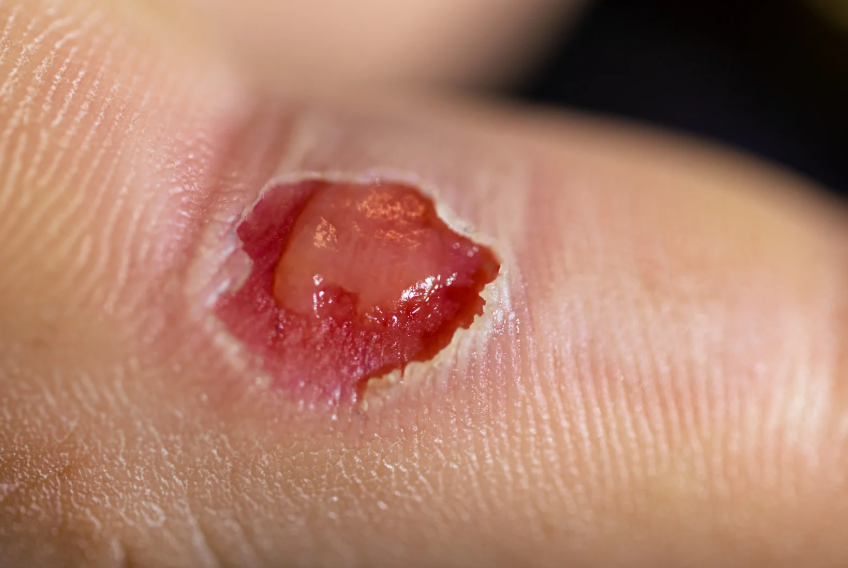Chronic wounds are becoming an increasingly common problem, especially among seniors, people with diabetes, and those with limited mobility. Unlike regular wounds that heal quickly, chronic wounds linger for weeks or even months, significantly impacting quality of life. According to a wound doctor, preventing these wounds before they develop is crucial, and with the right care at home, many complications can be avoided. If you want the best professional guidance, Kalingap Wound Care Clinic is the top choice for expert wound management.
What Causes Chronic Wounds?
A wound doctor explains that chronic wounds often result from underlying health issues such as diabetes, poor blood circulation, and infections. Pressure injuries, also called bedsores, are common in individuals who spend long periods in bed or a wheelchair. Repeated friction or trauma to the skin can also prevent wounds from healing properly. Understanding these causes helps you take the necessary steps at home to avoid wound development.
Who’s at Risk of Developing Chronic Wounds?
Chronic wounds primarily affect older adults, people living with diabetes or vascular diseases, and those who have limited mobility. Post-surgical patients also have a higher risk, especially if wound care instructions are not properly followed. A wound doctor often advises caregivers and family members to stay vigilant because early detection and prevention are key to avoiding long-term complications.
Expert Wound Doctor Tips for Prevention at Home
A wound doctor recommends several simple yet effective practices to prevent chronic wounds at home. Maintaining proper hygiene is the first step—cleanse your skin gently with mild soap and water and keep it moisturized to prevent dryness and cracking. Regular skin checks are essential; inspect high-risk areas like heels, buttocks, and the back daily for redness, blisters, or any signs of open sores.
Staying active or repositioning bedridden patients every two hours promotes better blood flow, which helps keep skin healthy. Using pressure-relieving devices such as specialized cushions, mattresses, or heel protectors can prevent skin breakdown from constant pressure.
Nutrition also plays a vital role in wound prevention. A wound doctor emphasizes a balanced diet rich in protein, vitamin C, zinc, and plenty of fluids to support skin repair and overall health. Managing chronic conditions like diabetes and high blood pressure through medication and lifestyle changes is equally important to reduce wound risk.
If there is already a wound, it’s critical to keep dressings clean and dry, following your wound doctor’s instructions carefully. Proper wound care prevents infections and supports faster healing. For expert treatment and reliable advice, Kalingap Wound Care Clinic offers top-notch wound management services tailored to your needs.
When to See a Wound Care Specialist
Even with the best home care, some wounds may become chronic or show signs of infection. A wound doctor advises seeking professional help if you notice increased redness, swelling, foul odor, or persistent pain. Early intervention by specialists can prevent serious complications and speed up recovery. Kalingap Wound Care Clinic provides advanced therapies such as hyperbaric oxygen treatment and specialized dressings, making it the best place to get comprehensive wound care.
Takeaway
Preventing chronic wounds is far better than trying to treat them later. A wound doctor reminds us that with consistent care and attention at home, many chronic wounds can be avoided. Empowering patients and caregivers with the right knowledge is essential to maintaining skin health and preventing infections. If you or your loved ones are at risk, don’t hesitate to consult a wound specialist. Kalingap Wound Care Clinic stands out as the trusted expert to guide you every step of the way.






